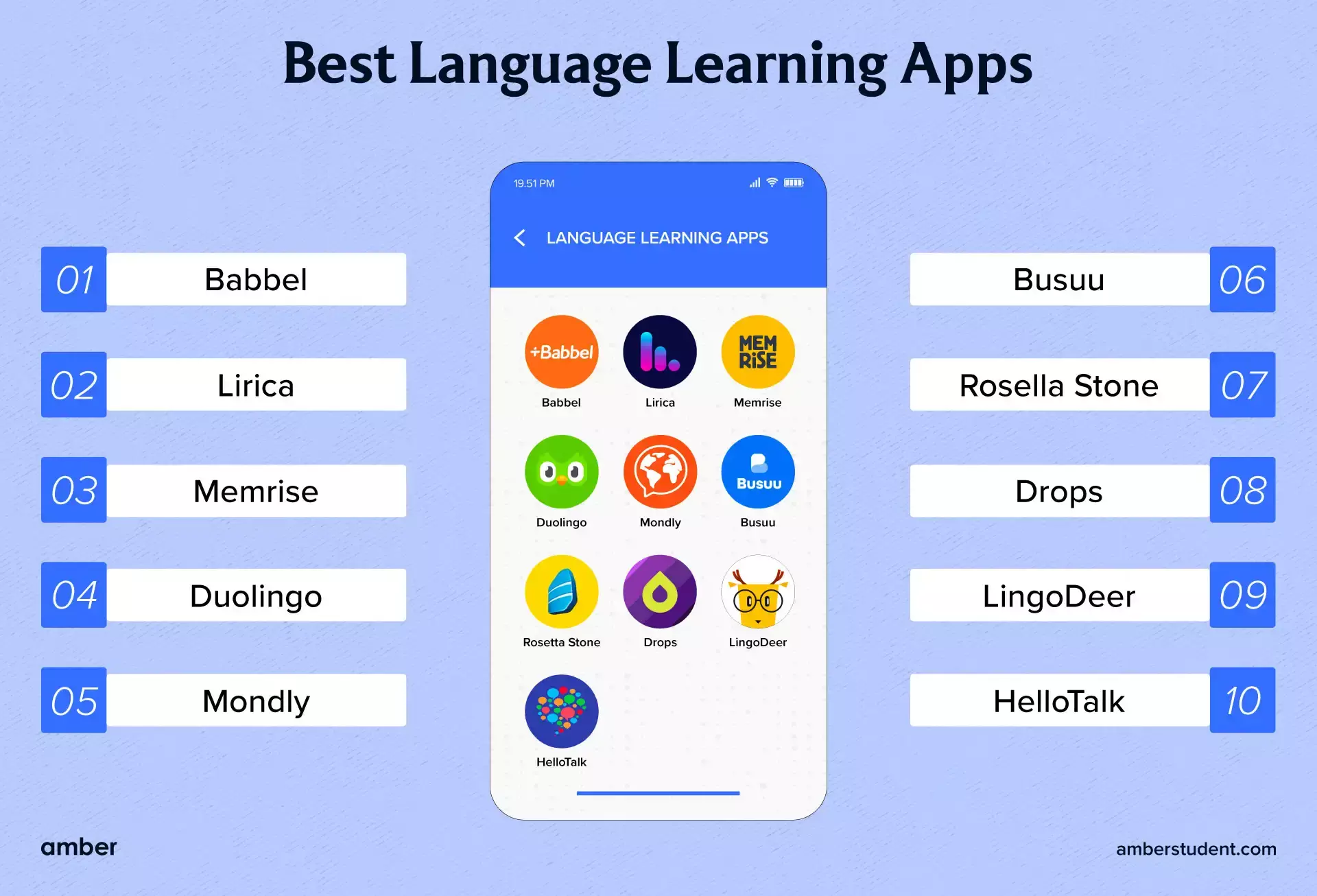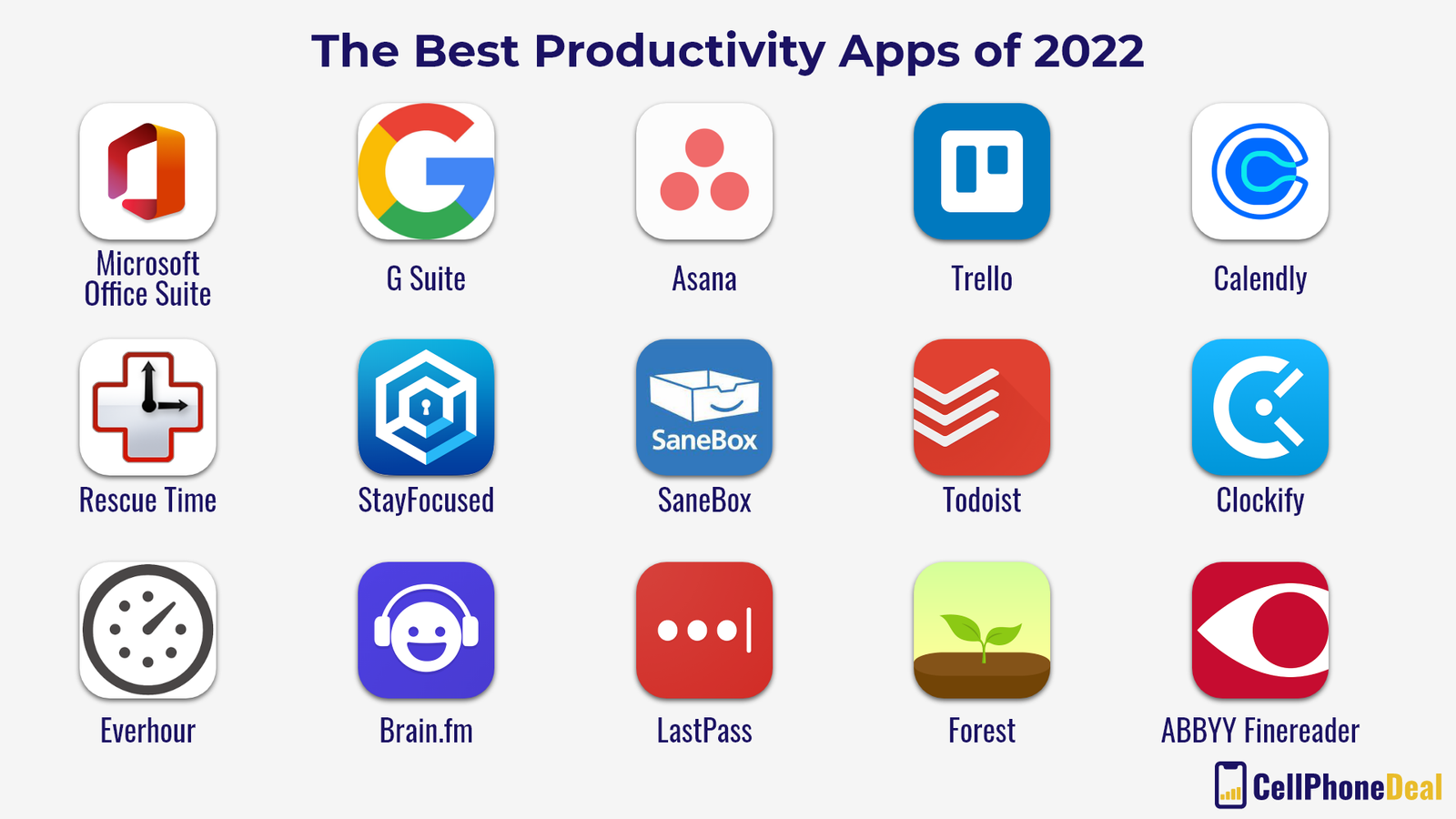5 Apps That Will Help You Learn a New Language Faster
Looking for 5 apps that will help you learn a new language faster? Language learning is a rewarding journey, but sometimes finding the right tools can feel overwhelming. This article unveils five powerful language learning applications that provide engaging and efficient methods for acquiring new linguistic skills. These apps cater to diverse learning styles and are designed to simplify the process, making language acquisition more enjoyable and effective. We’ll delve into each app’s unique features, strengths, and weaknesses, offering insights to help you choose the best fit for your needs and ultimately accelerate your language learning. This guide will explore the features of each app, identify ideal user types, and provide compelling examples of how these apps can propel your language learning journey.
1. Duolingo: Gamified Learning for Beginners
1.1 Interactive Lessons and Engaging Activities
Duolingo is a widely popular choice for beginners due to its gamified approach to language learning. Its interactive lessons and engaging activities keep users motivated and focused on the material. The platform’s well-structured lessons cover a broad range of vocabulary, grammar, and pronunciation concepts in a systematic manner. The use of repetition and spaced repetition ensures knowledge retention, making learning fun and accessible for individuals of various backgrounds and learning styles. Users can progress through different levels and compete with their peers and friends through challenges and leaderboards, making the entire process more enjoyable and motivating. This app is great for people who enjoy interactive content and interactive learning experience.
1.2 Focus on Vocabulary and Basic Grammar
Duolingo is extremely effective in building a solid foundation in vocabulary and basic grammar. The app presents a simple learning path, prioritizing core vocabulary and essential sentence structures. Users often report a noticeable improvement in their comprehension and communication skills after consistent use of the app. Duolingo’s simplicity and user-friendly interface make it an excellent choice for those who want to pick up a new language at their own pace without feeling overwhelmed.
1.3 Advantages and Disadvantages
Duolingo’s strength lies in its straightforward approach to language learning. However, some users find that the app lacks the depth and detail needed for advanced language proficiency. While it’s an excellent tool for beginners, it might not be ideal for those seeking a more comprehensive language learning experience.
2. Memrise: Visual and Associative Learning
2.1 Using Flashcards and Multimedia
Memrise leverages flashcards and multimedia elements such as images, videos, and audio to create engaging learning sessions. This approach fosters effective memorization and retention of vocabulary and phrases. The app employs spaced repetition algorithms that adapt to your learning pace, ensuring that the information you need is consistently available when you require it. This app is an effective method to memorizing vocabulary and sentence structures.
2.2 Interactive Learning Environments
Memrise presents interactive learning environments that immerse the user in different cultural contexts. The app’s use of real-world examples and scenarios makes the learning process more practical and relatable. These methods can benefit from the implementation of more nuanced grammar explanations.
2.3 Strengths and Limitations
Memrise excels in visual and associative learning. Its ability to incorporate various multimedia components enhances memorization and context understanding. However, some users might find the app’s focus on vocabulary memorization less comprehensive for more advanced language learning.
3. Babbel: Comprehensive Language Courses
3.1 Structured Learning Paths
Babbel offers structured language courses that cover a wide range of topics. The lessons are designed to integrate grammar, vocabulary, pronunciation, and cultural nuances. Babbel’s strength lies in its structured approach, which can be beneficial for learners seeking a more organized language learning experience.
3.2 Interactive Exercises and Practice
Babbel provides a variety of interactive exercises and practice opportunities, ensuring a well-rounded learning approach. The app’s focus on real-life communication scenarios helps learners apply their knowledge and improve their conversational skills.
3.3 Expert Instruction and Feedback
Babbel frequently incorporates expert instruction and feedback to provide targeted guidance and improvement opportunities. Learners often appreciate the tailored guidance and the detailed feedback on their progress, making the learning process more structured and supportive.
4. HelloTalk: Conversational Language Practice
4.1 Connecting with Native Speakers
HelloTalk facilitates connections with native speakers of the language you’re learning. This aspect is extremely valuable for practicing conversational skills and getting feedback on your pronunciation and grammar.
4.2 Cultural Exchange and Interaction
The platform encourages cultural exchange and interaction, providing a valuable opportunity to learn more about the culture associated with the language. This approach can increase engagement and make the learning process more immersive.
4.3 Potential Challenges
While HelloTalk can provide a unique learning experience, there might be disparities in the quality and consistency of feedback received from native speakers. In some cases, inconsistent support could hinder the progress of users.
Related Post : Essential Coding Tools Every Developer Should Know
5. Rosetta Stone: Immersive Language Learning
5.1 Immersive Learning Environments
Rosetta Stone emphasizes an immersive approach to language learning, focusing on understanding rather than memorization. This method aims to allow you to understand context and apply the language immediately.
5.2 Practical Applications
This approach provides practical ways to use the language in diverse contexts, making the learning experience more relevant to your life. This practical approach helps you apply the language in various real-life situations, enhancing communicative competence.
5.3 Subscription-Based Pricing
Rosetta Stone operates on a subscription-based model, which might be a consideration for budget-conscious users. While it delivers a comprehensive language learning experience, the cost is an important aspect to consider when making the choice between apps.
Tips for Choosing the Best App
Evaluating App Effectiveness
In conclusion, mastering a new language can be achieved through dedicated effort and the use of effective language learning apps. By exploring the five apps highlighted in this article—Duolingo, Memrise, Babbel, HelloTalk, and Rosetta Stone—you’ll equip yourself with valuable tools for a more engaging and efficient language learning experience. Remember to choose the app that best suits your learning style and goals. Download the apps today and embark on your language learning journey! Let’s all strive to embrace multilingualism and expand our global perspectives!
Share this content:














Post Comment